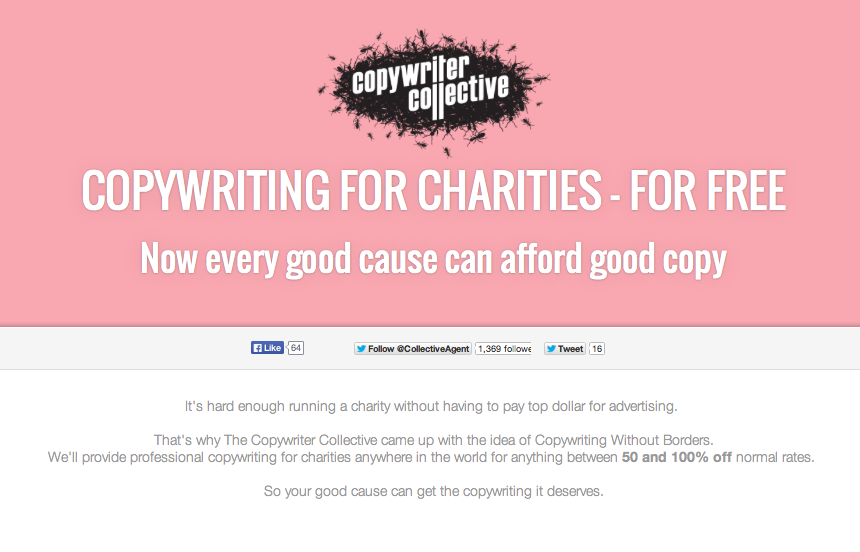Name: Lauren Pope
Age: 24
College Major: BA English Lit/Creative Writing
Current Location: St. Louis, MO
Current Form of Employment: Copywriter/Social Media Marketing Manager
Where do you work and what is your current position?
I currently work for Imagery Marketing Group as a Copywriter and Social Media Marketing Manager. I specialize is social content creation, marketing copywriting and all things social media.
Tell us how you found your first job and how you found your current job.
I spent the summer after graduating cold applying to every publishing house I could. I’d gone to school to become an editor and one day a publisher, so I was blindly following that path with little to no success. In the five months I applied to editorial positions I only heard back from one Big Five publisher and that interview didn’t go anywhere past the first round.
I was at dinner with family and friends when one of my fathers friends jokingly mentioned that the marketing group his company had hired didn’t know how to write to save their lives and he casually mentioned they could use someone like me. That’s when I broadened my search and discovered the world of marketing. Another family friend mentioned the FleishmanHillard internship program after I expressed interest in marketing and that was how I got my start.
“I swear by LinkedIn when searching for jobs. LinkedIn and Glassdoor are the two websites I recommend every job seeker utilize to their full advantage. ”
My current position was found through LinkedIn. My experiences with Fleishman and my LinkedIn page scored me the interview and I was hired the same day I went in to talk with the people at Imagery. I swear by LinkedIn when searching for jobs. LinkedIn and Glassdoor are the two websites I recommend every job seeker utilize to their full advantage.
What was another writing-related job that was important to your career?
Being a freelance copyeditor. I work for Booktrope for freelance work and I think editing the work of others has made my own writing stronger. You can get stuck in a rut with your writing that sometimes it’s nice to step back and see what others are putting out into the world. You can see different writing styles while editing and decide you like something that someone else is trying, or see something you don’t like at all and figure out why you don’t like it. Editing the work of others really centers you on your own voice and preferences.
What did you do in college to prepare you for post-grad life?
Internships! Internships of any kind. I had a year of editing experience by the time I left college through two internship programs at my University. When I was applying at Fleishman I had no marketing experience, but the fact that I was an editor by trade really helped me stand out to them. Almost any skill is transferable if you know how to spin it. So my advice is to start looking for experiences you can bolster your resume with while you’re still in school.
And join a book club. Join a writing guild. Join clubs and programs that compliment your skills. Don’t play down the fact that you’re an English major. You need to embrace your strengths.
What is your advice for students and graduates with an English degree?
If you’re going to claim you’re a writer on your resume or in a job, you need to have published work or a portfolio. When I first started applying to jobs I was telling people I was a writer because, well, I am. But I was writing short stories that weren’t a good fit for company applications. Thankfully the company I applied to had a writing test so I could prove my chops, but I lost several opportunities because I didn't have "real world friendly" writing pieces to highlight my skills. Start a blog or find a website that does think pieces and write for them. Write original pieces for your LinkedIn page. You just need to have something tangible that you can bring to the person hiring to show them that you can write. It seems like a no brainer but you would be surprised.
LinkedIn is my other piece of advice. Weaponize it. It’s Facebook for the corporate world. Go to Walgreens and get a decent headshot of yourself for your LinkedIn page for $3 and spend an afternoon really crafting something that shows your strengths as an English major and writer. People will look you up on LinkedIn when you’re interviewing and a strong profile can make or break you. Use it to connect to industries you want to work in. Find others with the job you want and message them to ask them how they got there. Join groups and use it to meet and talk with people in the industry you're trying to break into. Use it to find a job. LinkedIn is the best resource people aren’t using.










































































